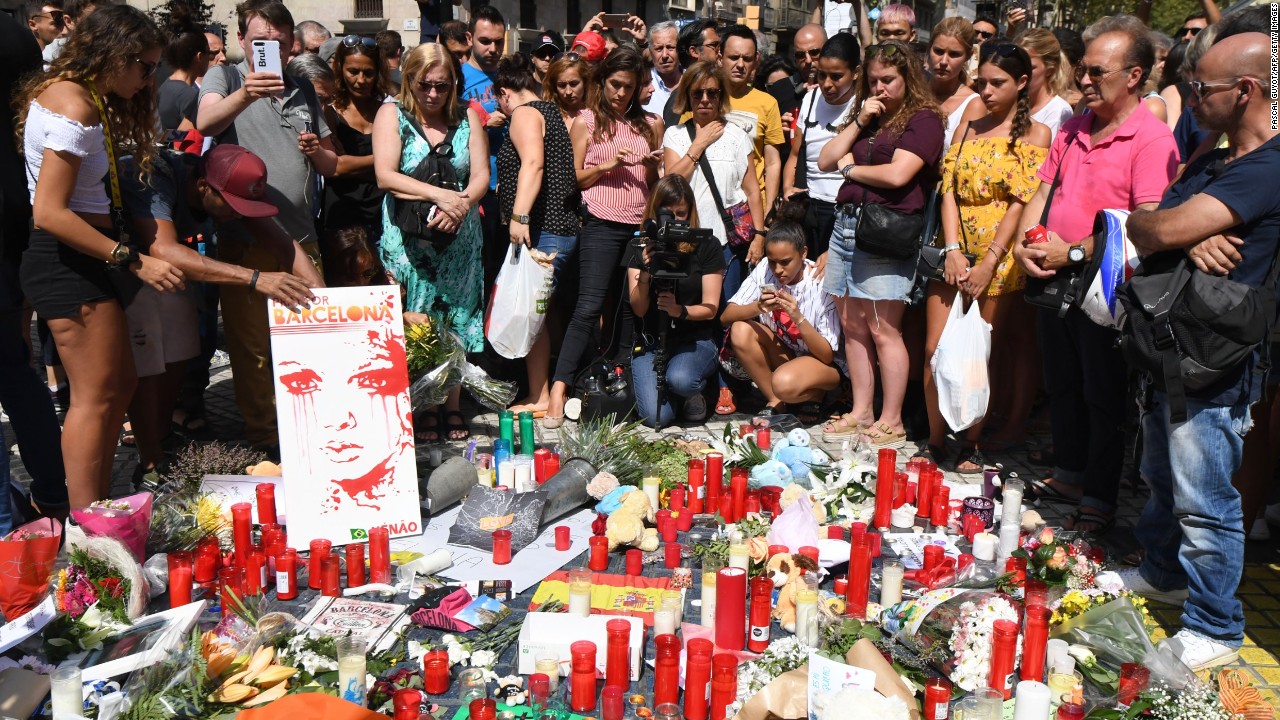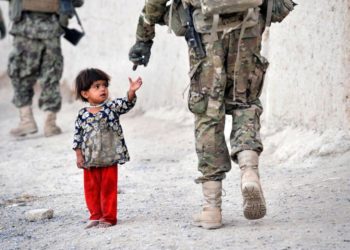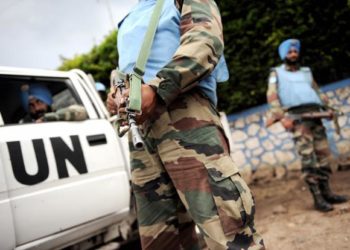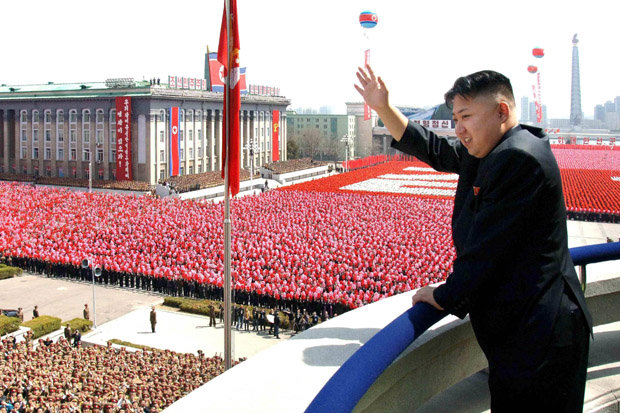Even as the conventional war against the Islamic State marches relentlessly toward a seeming victory, the leaders of the self-styled caliphate continue to prove that they can inspire, enable, and in some cases even direct an effective guerrilla war against “the infidel” and Muslims they consider apostates.
Guerrilla War (little war in Spanish) is the indirect approach to a military or political objective. It is waged by a weaker combatant against a stronger opponent, one that can bring greater military might to bear in a fight. Why? Because that weaker opponent would be defeated in open combat. So, they adopt the indirect approach in order to survive, build strength, win converts, coop public opinion, and hopefully realize victory in the end.
Traditionally guerrilla fighters have conducted operations to harass or interrupt the military operations of an enemy. In most historical cases, the civilian population also ends up as a target. As the guerrilla movement gains strength, the goal is to transition to conventional operations and civil war, eventually achieving victory for the cause. Mao Tse-tung wrote the book, On Guerrilla Warfare, on this type of campaign. In fact, he won a civil war and established the People’s Republic of China following his own theory.
A mix of conventional and unorthodox tactics characterize guerrilla campaigns. Propaganda, a spinning of facts to publicize the grievances, the mission and the goals of the cause is a crucial aspect in any guerrilla war. Winning over the “hearts and minds” of the target audience or society is also key. Then a skillfully conducted balance of operations that include passive resistance, ambush, raids, assassinations, kidnappings, extortion, espionage, sabotage, and terrorism, are useful tactics to the guerrilla.
The ongoing activities of the Salafist-jihadi movement reflect all these characteristics of guerrilla campaigns. Only in the Islamic State proper, which territory continues to shrink in size, has the movement been able to conduct anything resembling conventional operations of warfare. But just a look at attacks in the last year demonstrates that the movement, including elements associated with either ISIS or al Qaeda, continue to lead a significant number of affiliated groups and agents and they have been able to recruit and influence individual associates and sympathizers.
The jihadis that used vehicles to kill in the last year, in Nice, Berlin, London, Paris, and now Barcelona, (not to mention attacks where other weapons were used) were all following the dictates of the ISIS. But, whether the individual terrorist was an operative of the ISIS, or simply inspired to act, they were all motivated to act by their religious beliefs, as interpreted by ISIS leaders. A simple fact to keep straight in all this is that it is not the weapon that is important. Whether an ISIS jihadi uses a gun, an explosive, a knife or a vehicle, it is the ideology that motivates and inspires the terrorist to act. It is the ideology of the Salafist-jihadists that must be defeated.
Most certainly a contributing factor to the situation in Europe is the mass immigration of Muslims into many parts of the European Union over the past decades. This when combined with cultural differences and poor economic opportunity has resulted in locales where some elements of the population have proven to be susceptible to Salafist-jihadi propaganda. Thus numerous sleeper cells loyal to the ISIS have been established across the E.U. The case in point is the group that carried out the attacks in Catalonia this past week. And it was only by accident, the accident of an explosion in the cell’s Alcanar bomb factory, that a deadlier attack was not executed by the terrorist group.
Case after case can be cited where naturalized Muslims, even European-born Muslims have traveled to the Middle East to fight for the ISIS. And there are numerous cases where such individuals have conducted attacks in their European homelands in support of the ISIS cause. And with the ongoing movement of many people fleeing harsh conditions in the Middle East and North Africa to Europe, the nations of the E.U. are rediscovering, like the U.S., that there are good reasons for secure borders. The uncontrolled movement of migrants, regardless of their motivation, can be the slippery path to many illegal activities, including terrorism.
Military and law enforcement action is, of course, essential in the fight against the Salafist-jihadi movement. But, there is no denying that the Salafists that conduct jihad as promoted by ISIS and al Qaeda operate from a strong foundation of Islamic scholarship and tradition. No doubt it will take scholarship and strong leaders from within Islam to further marginalize and eventually defeat the Salafist-jihadi movement.
Disclaimer: The views and opinions expressed here are those of the author and do not necessarily reflect the editorial position of The Globe Post.






















